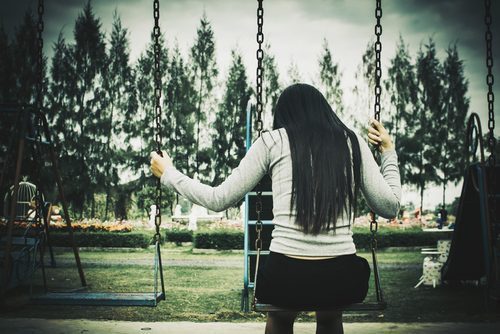
Survivor Guilt
It is natural for all of us to feel guilty about something whether it was something you regret doing or if someone makes you feel guilty for something that is not your fault. There is another kind of guilt called survivor guilt when you have survived a life-threatening event and you think it is unfair that you lived while others have died. It is important learn how to cope with your guilt before it takes over your mind.
Most people with survivor guilt are those who are veterans, 9/11 survivors, Holocaust survivors, first responders, and transplant recipients. It can even happen to those who passed one a hereditary illness who feel guilty that the other person is sick while they are fine. Many tend to constantly ask themselves “Why did I live while others died?”, “Why am I luckier than others?” “Could I have done more to save the others?”, and “How much have others suffered?” Symptoms of survivor’s guilt includes having trouble sleeping, nightmares, flashbacks, irritability, loss of motivation, a sense of numbness, and questioning what the meaning of life is.
You do not need to have your guilt stay guilt as you can do something with it. You can treat your guilt as a present connection to the ones who died as by thinking of them, you are keeping their memories alive. It is important to acknowledge your guilt as a natural feeling and to accept what you feel. You can also find a support group so that you can share your stories and feeling with others who have been through the same thing.
Another way to cope is letting go of asking why these things have happened as you will never know the answers and think about the fact that you were given a second chance. Find a counselor near your area that is trained in speaking to those who have dealt with trauma and make sure to explain all of your symptoms to the therapist. It can also be helpful to cope by going to the memorial services or funerals of the ones who died in order to show you are thinking of them and that you care. If you were given a second chance for a reason, you should not spend it feeling sad but to make the most of your life and to embrace it for the ones who could not be here.






